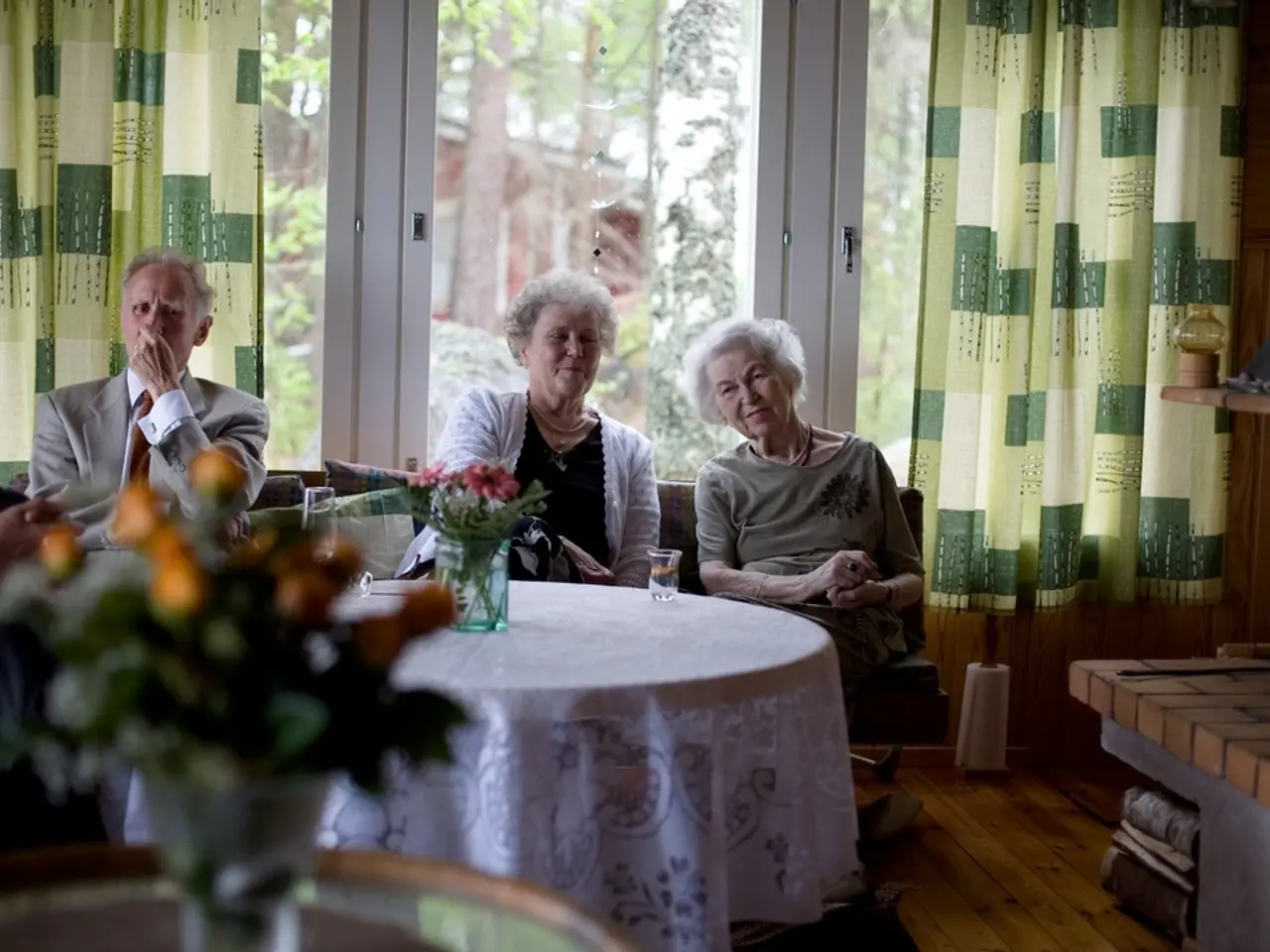Guarding Against Potential Elderly Family Maltreatment
In an increasingly complex world, ensuring the financial security and well-being of elderly relatives is of paramount importance. Two key tools that can provide peace of mind are Powers of Attorney (POA) and guardianship.
A Power of Attorney (POA) is a legal document that designates a trusted individual to make financial decisions on behalf of the elderly relative. This can be particularly beneficial for those with more complex needs, as it provides flexibility and only takes effect when the relative is unable to make their own decisions.
It is strongly recommended to nominate a reliable and responsible family member or trusted person as the POA's agent. This individual should be financially literate and someone the elderly relative trusts. Regularly reviewing and updating the POA is also crucial to ensure it continues to meet the needs of the elderly relative.
Using a free online POA template can save money compared to drafting one with a lawyer. However, it's essential to ensure the template is legally valid in the relevant jurisdiction.
In situations where the elderly relative cannot consent to a POA, court-appointed guardianship might be necessary. This provides more security due to court oversight, ensuring that the guardian's decisions are in the best interest of the elderly relative.
Unfortunately, financial abuse of elderly relatives is a growing concern, with many cases going unreported. This abuse can come from family members taking advantage of an older person's mental state to take their money. A POA can help prevent this by limiting access to accounts to the agent and principal, keeping them away from unscrupulous family members.
Moreover, a POA can require the agent to report to a lawyer or another party, ensuring accountability and curtailing potential abuse. Regular communication with elderly relatives can also help them be more open about facing any abuse, and it's crucial to keep an eye out for changes in their emotional well-being as a sign of potential abuse.
Educating elderly relatives about common scams is also vital to protect them from potential financial exploitation. Encouraging them to check with a trusted family member or agent before making major transactions can provide an additional layer of security.
Ultimately, it's crucial to empower elderly relatives to remain involved in decisions about their own care, including the selection of a POA agent if necessary. By taking these steps, we can help protect the financial security and well-being of our elderly relatives.
A recent study by the National Adult Protective Services Association found that less than 3% of financial abuse cases get reported, and up to 10% of victims will rely on Medicaid for future healthcare. These statistics underscore the importance of taking proactive measures to safeguard the financial well-being of our elderly relatives.








